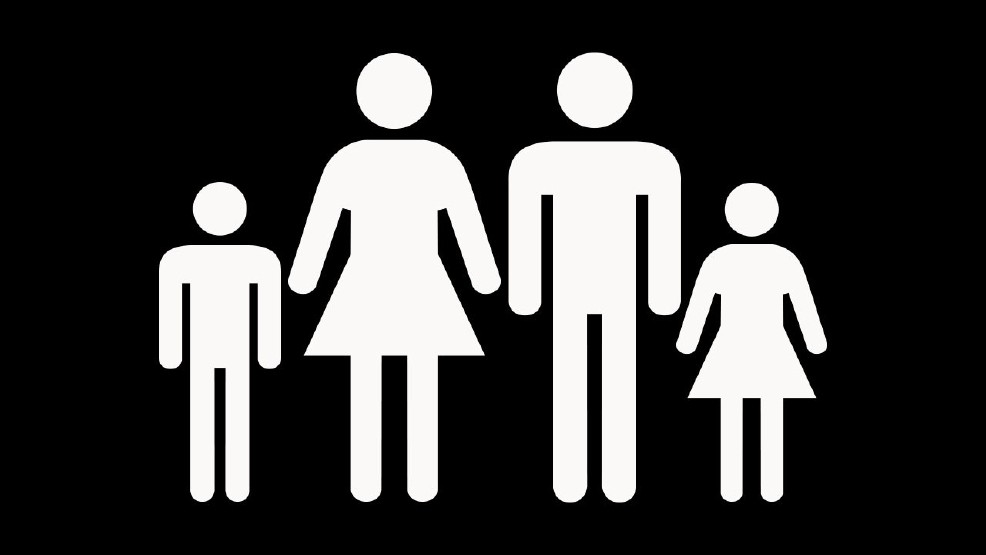Mukesh Chandrakar, born in Basaguda, Chhattisgarh, grew up amid the region’s state-Maoist conflict. His family was displaced to a government shelter after the Salwa Judum violence, and after his father’s death, his mother raised both children while working as an Anganwadi worker, until she passed away from cancer in 2013. According to a close friend, Mukesh took up various jobs, including selling mahua liquor and working as a bike mechanic, to meet his needs. Before launching his YouTube channel Bastar Junction, Mukesh worked with local media outlets and served as a freelance journalist, reporting from the ground for prominent organisations like NDTV, News18, and Sahara.
Before launching his YouTube channel Bastar Junction, Mukesh worked with local media outlets and served as a freelance journalist, reporting from the ground for prominent organisations like NDTV, News18, and Sahara.
His personal experiences deeply shaped his understanding of the police-Maoist conflict and Adivasi life in area. Many videos on his YouTube channel highlighted villagers’ protests in Bastar, offering them a platform to share their voices globally.
According to Ranjan Das, a journalist and his friend ‘He was extremely sensitive to Adivasi issues, especially jal, jungle aur zamin (water, forest and land). His coverage of protests by villagers, fake encounters, civilian killings, poor infrastructure, malnutrition, and poor health facilities made him popular among adivasis too. He loved and lived his work.’
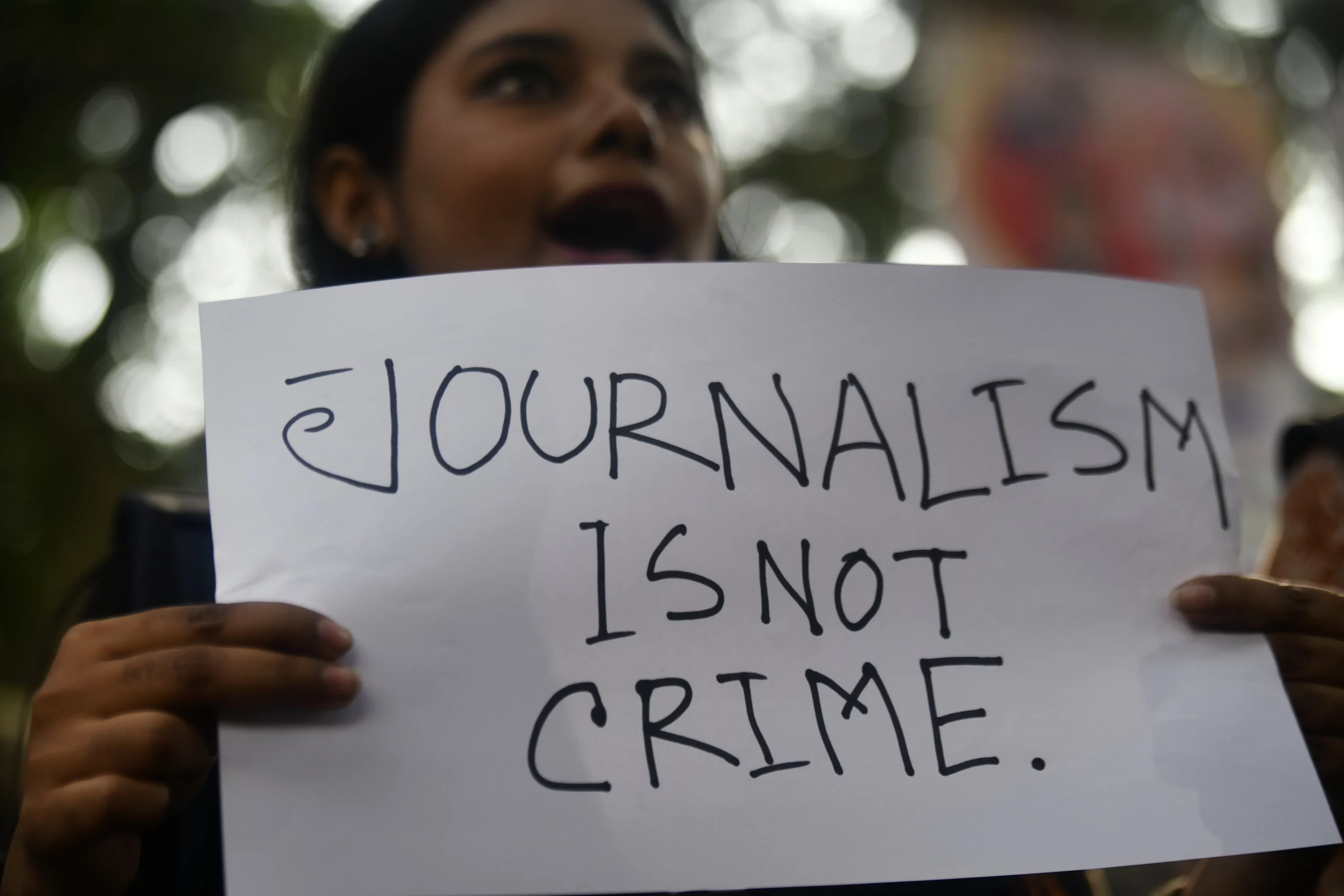
Mukesh had received threats for his work earlier as well.
Ashutosh Bhardwaj editor of The Wire Hindi recalls, how in August last year, Mukesh, along with Sukma-based journalist Raja Rathore, co-authored a report for The Wire Hindi after four journalists from Bastar were arrested in what appeared to be a fabricated case linked to their coverage of illegal mining allegedly involving BJP leaders. The report suggested that the Chhattisgarh police had planted evidence to frame the journalists. The following morning, Mukesh shared a screenshot of a WhatsApp message from a senior IPS officer, who had criticised his stance in support of the jailed journalists.
“Kuch hoga to nahin na?,” Mukesh had asked him with an apprehensive voice. ‘He is gone in just a few months and now the Chhattisgarh government under BJP is promising justice in the case.‘ writes Ashutosh Bhardwaj.
On December 25, Mukesh reported on the poor condition of the roads in Bijapur for NDTV, on the basis of which the government started an inquiry. The contractor was his cousin, Suresh Chandrakar. In retaliation, Suresh’s brother, Ritesh, allegedly killed Mukesh, with Suresh being the mastermind, police said.
India: among the world’s most dangerous nations for journalists
In the World Press Freedom Index, 2024 by Reporters Without Borders (RSF), India was at 159th place out of 180 nations, whereas in the same index it was 161th in 2023. But this shift in rank is not due to improved situations but because of declines in the rankings of other countries.
India ranks as one of the most hazardous countries for the media, with an average of three to four journalists killed annually due to their work.
India ranks as one of the most hazardous countries for the media, with an average of three to four journalists killed annually due to their work. Those who criticise the government often face online harassment, intimidation, threats, physical assaults, and are frequently subjected to criminal charges and unjust arrests.
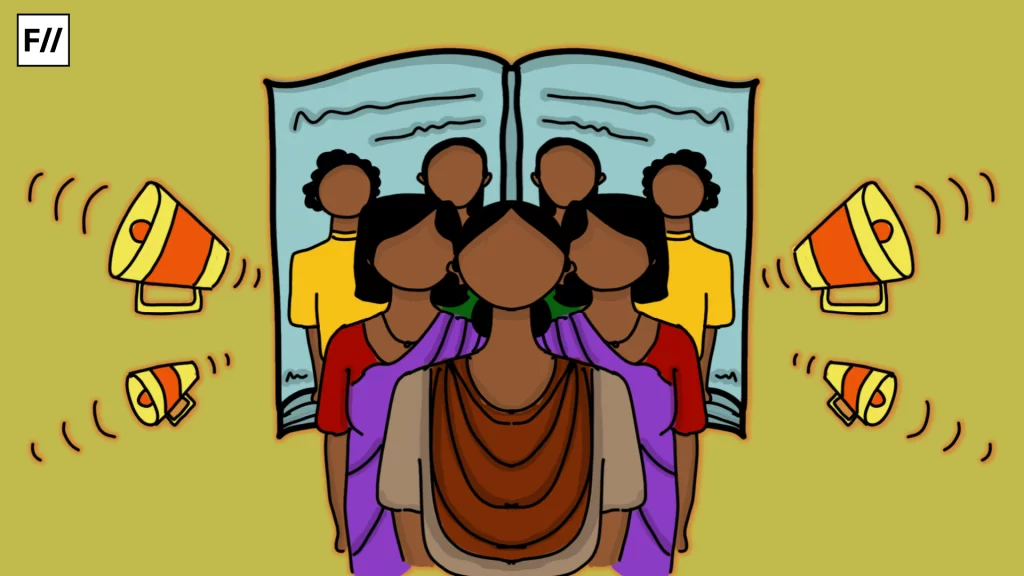
According to a report of The Wire, on 27 October, 2024, two journalists were allegedly beaten up. Journalists Amit Dwivedi and Shailendra Kumar Mishra from Hamirpur have accused Sarila Nagar Panchayat chairman Pawan Anuragi and his associates of beating, stripping, and humiliating them at gunpoint. The incident, which was reported to the police, allegedly involved forced consumption of urine and video recording of the abuse. The journalists claim police actions are influenced by political pressure, as Anuragi is associated with the ruling BJP.
Also another incident of murder of a journalist took place on October 30-31, 2024. Journalist Dilip Saini was murdered in Fatehpur district.
Crime against free press
RSF, in its April 2024 report, mentioned many journalists who were murdered for their work in India. They also stated that nearly half of the 28 journalists who lost their lives during Narendra Modi’s Prime Minister tenure, including media directors, investigative reporters, and correspondents, were working on stories related to the environment.
The rising crimes against journalists raise serious questions about the repressive nature of the government and the nexus between those in power and regional strongmen.
Journalists in India are being targeted by both the state and the ones who wield power. The rising crimes against journalists raise serious questions about the repressive nature of the government and the nexus between those in power and regional strongmen. In most cases of violence against journalists, individuals holding positions of authority are directly or indirectly involved. Given these circumstances, it becomes imperative to ask what legal rights journalists have to protect themselves or seek justice against such crimes.
An overview of existing legal protections for journalists
Article 19(1)(a) of the Indian Constitution guarantee the freedom of the press and protect journalists by providing them freedom of speech and expression. Later, in 1966, The Press Council of India was established with the dual purpose of safeguarding press freedom and enhancing the standards of newspapers and news agencies in India. Under Section 13 of the Press Council Act, 1978, the journalists, editors, newspapers, or news agencies (related to print media) can file complaints against individuals, organisations, or Central and State governments that interfere with the free operation of the press in the council.
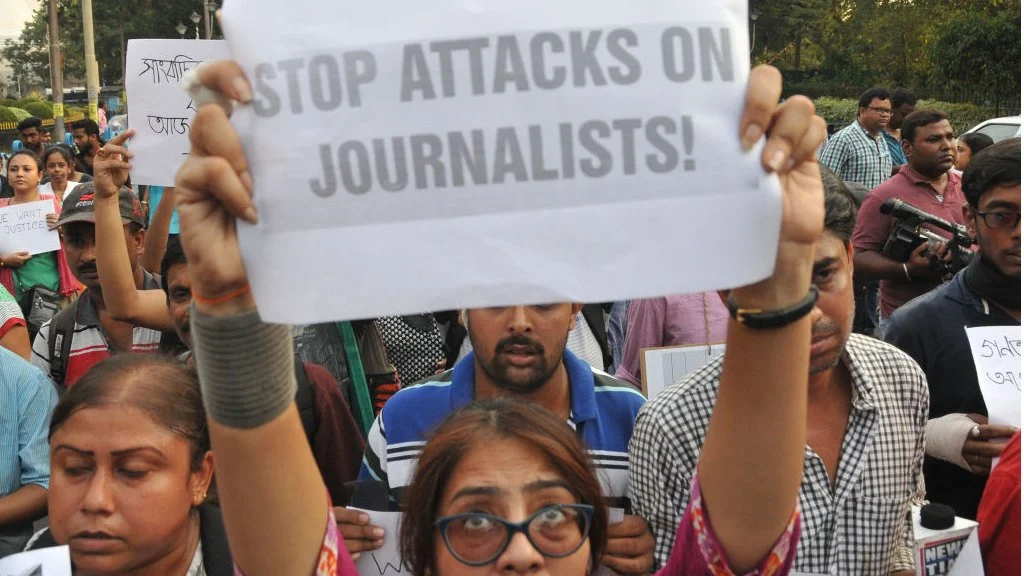
But the effectiveness in addressing complaints is questionable as of nearly 90 complaints, 60% were dismissed, closed, or withdrawn, often due to non-compliance or settlements between parties. Also due to its limited enforcement power, it is unable to fully ensure the freedom and security of journalists.
In response to shortcomings in the central legal framework, several states have started enacting laws to ensure the safety and protection of journalists. Maharashtra and Chhattisgarh, in particular, have taken notable steps in this direction.
In 2017, the Maharashtra Legislative Assembly became the first to pass a law aimed at protecting journalists and media organisations from attacks, which was later approved by the President in 2019.
The Maharashtra Media Persons and Media Institutions (Prevention of Violence and Damage or Loss to Property) Act, 2017 became the first legislation in India specifically designed to protect journalists. The Act includes provisions for compensating media persons or institutions for any damage or loss to their property caused by offenders.
The Act includes provisions for compensating media persons or institutions for any damage or loss to their property caused by offenders.
It also imposes penalties for misuse of the Act, with offenders facing up to three years of imprisonment, a fine of up to ₹50,000, or both. Additionally, journalists convicted under the Act will lose their eligibility for government benefits, and their accreditation cards will be permanently revoked. Also this law does not include any measures for the safety, security, and protection of media personnel involved with social media, bloggers, or freelancers.
On October 4, 2024, a two-judge bench issued an order restraining the Uttar Pradesh police from taking any coercive action against journalist Abhishek Upadhyay for his article on caste dynamics in bureaucratic appointments in the state.
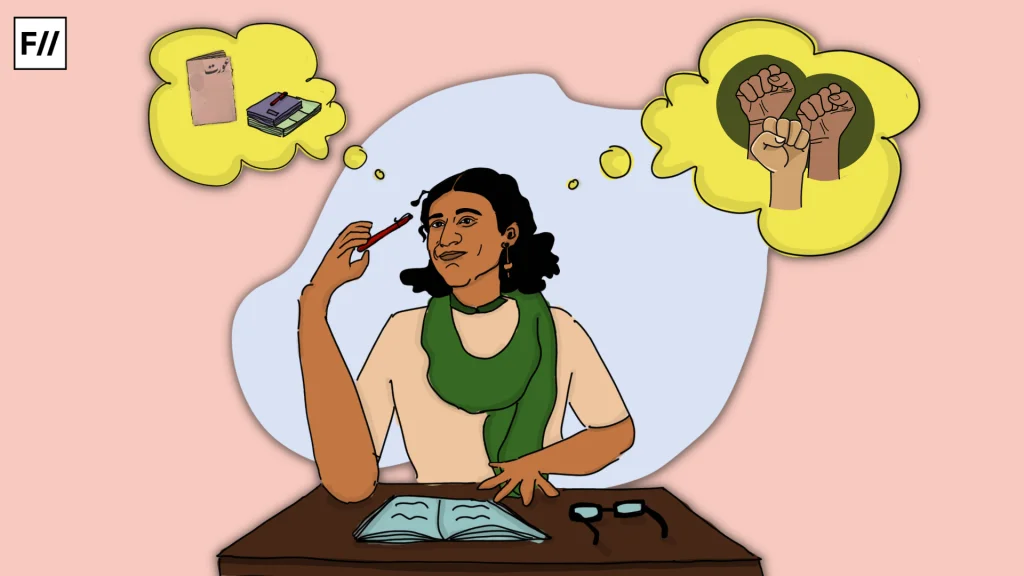
The bench, consisting of Justice Hrishikesh Roy and Justice S.V.N. Bhatti stated ‘In democratic nations, freedom to express one’s views is respected. The rights of the journalists are protected under Article 19(1)(a) of the Constitution of India. Merely because the writings of a journalist are perceived as criticism of the government, criminal cases should not be slapped against the writer.’
Chhattisgarh Chief Minister Vishnu Deo Sai while interacting with journalists regarding the recent murder of journalist Mukesh Chandrakar in Gariaband said that his government is soon going to introduce a Journalist Protection Law in the state.
While legal protections like Article 19(1)(a), Press Council of India, and state laws such as Maharashtra’s Media Persons Act aim to safeguard press freedom, their limitations and increasing attacks on journalists, highlight the urgent need for stronger protections to ensure a fearless work life for journalists so that the journalists do not have to pay the price of their honest work with their lives and safety.




